MARYLAND HORSEMEN IN LIMBO WITH LAUREL CLOSURE

There’s a plan in place to get the Laurel Park dirt strip in shape for winter racing. When it’ll be complete – when horses will be able to train and race over the strip again – is a thornier problem.
That was the overarching message from Maryland Jockey Club (MJC) acting president Mike Rogers during Saturday’s meeting with horsemen in the Laurel Park track kitchen. The meeting was livestreamed by participant Jessica Lindsey.
Laurel has been partially or entirely closed to training all week after a serious snowstorm arrived early Monday, and the track canceled all four scheduled days of racing this weekend. Rogers said it would not be open for training Monday, either, and it would be that day when decisions were made about when horses could train over the surface and whether racing could take place Friday, Jan. 14 as scheduled.
That was an iffy enough proposition, he said, that he is also planning for the possibility of racing at Pimlico.
“I want to have a contingency plan so we don’t lose any more race days,” he told the gathering of 50 or so horsemen.
After this week’s weather, which included two different snowstorms and freezing temperatures, rain and low temperatures dipping into the 20s are expected Sunday.
In simplest terms, the problem is this: the track has not been sufficiently winterized, which entails integrating coarse sand to reduce the percentage of silt and clay. Because of that, the track does not shed water quickly enough and freezes too readily, leading, one horseman said, to “balls of ice that were like stones.”
Rogers said the track was, in general, safe, but because the winterization process is not complete, it does not stand up effectively to more severe weather.
- Laurel Park picks and ponderings: October 19, 2025
 We provide full-card picks and analysis for this afternoon’s races at Laurel Park.
We provide full-card picks and analysis for this afternoon’s races at Laurel Park.
He said the company had been working to winterize the track over the prior month, adding about 2,000 tons of sand into the cushion. He estimates that the cushion still needs a similar amount of additional sand, but the severe weather that arrived Jan. 3 set back that process. The goal now, Rogers said, is to accelerate that effort as much as possible.
But it was a restive group of horsemen Rogers faced, increasingly frustrated by a year that’s seen a multi-month shutdown to renovate the track, followed, just a couple of months after reopening, by a spate of breakdowns and another shutdown. And now this.
“You take the number of days we’ve been down the last 2 ½ years, compared to the number of racing days, and that’s a joke,” owner Stephen O’Neill told the meeting.
Track surface issues in Maryland have been an evergreen problem over the last decade. Horsemen were concerned enough about it that in 2017 the Maryland Thoroughbred Horsemen’s Association commissioned former MJC track superintendent John Passero to analyze and assess it.
A year later the MJC brought in Chris Bosley as track superintendent, but concerns about the racing strip have persisted. Parent company 1/ST Racing’s Aidan Butler acknowledged in August that the problems with the track “were set in motion probably a decade ago.”
Because of that history, horsemen did not appear to be sold on the MJC plan or the personnel who will implement it. The word “confidence” came up repeatedly during the hourlong session.
- Md. Million: An overnight success 20 years in the making
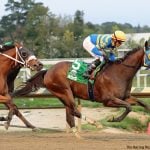 An overnight success 20 years in the making, Nancy and Eric Rizer hope Saturday’s Maryland Million wins are just the start.
An overnight success 20 years in the making, Nancy and Eric Rizer hope Saturday’s Maryland Million wins are just the start.
“Going forward, how can we have confidence?” trainer Tony Aguirre wondered. “When you say the track is safe, we want to believe you. But a lot of trainers here have lost horses to this track in the condition that it’s in.”
Horsemen repeatedly invoked Passero’s name, and it’s clear that, as a group, they have a great deal of confidence in the former track super. One comment that Passero should be brought in to mentor Bosley even garnered applause.
Rogers said that, while the company would not hire Passero, he welcomed Passero’s input and in fact had spoken with him the day before the meeting.
While Pimlico played a key role in keeping Maryland racing going earlier this year, even the possibility of a Pimlico solution now may not solve much. The logistics of racing there, with the vast majority of horses stabled at Laurel, pose one problem. The condition of the track there may pose another.
“Pimlico was in no shape to breeze horses on,” said trainer Dale Capuano, who said he visited the track Saturday morning. “I went there, looked at the track, turned around and left.”
Trainers Jonathan Maldonado and Claudio Gonzalez concurred with Capuano’s assessment.
Monday the MJC will hold a consultation involving several outside experts, including Passero, to evaluate track conditions. That – perhaps – will move the situation one step closer to resolution.
LATEST NEWS
- Laurel Park picks and ponderings: October 19, 2025

- DEL: Jamie Ness, Jaime Rodriguez lock down titles

- REPLAY: Off to the Races Radio October 18, 2025

- Charles Town picks and analysis: October 18, 2025

- Delaware Park picks and analysis: October 18, 2025

- Laurel Park picks and ponderings: October 18, 2025




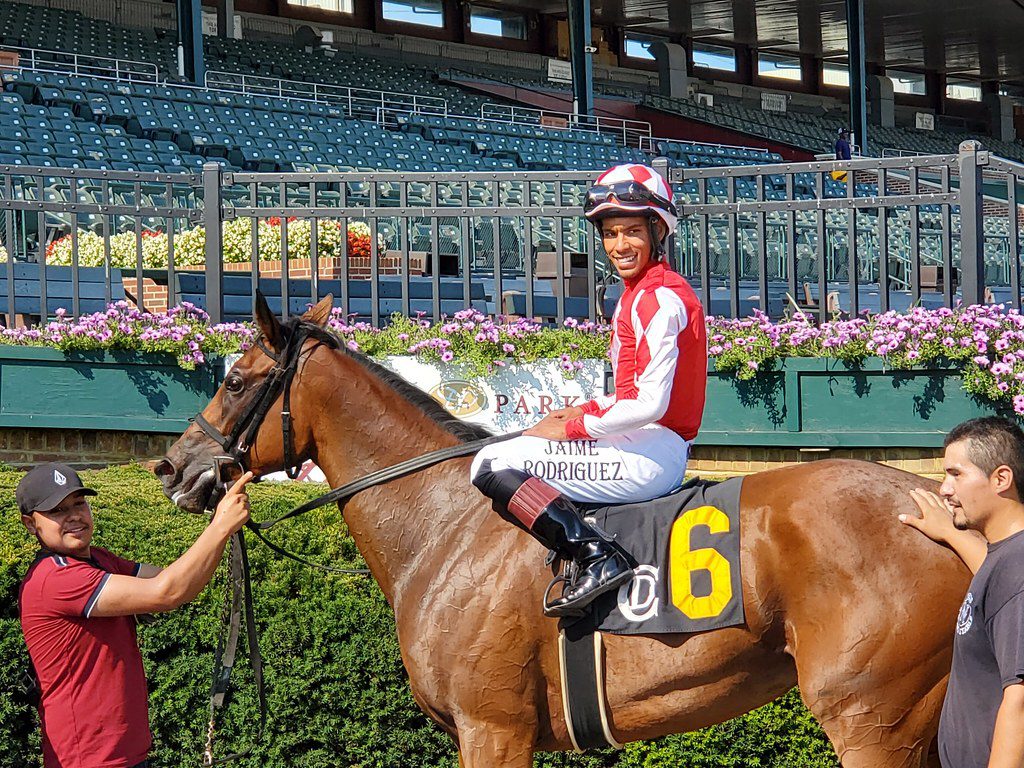

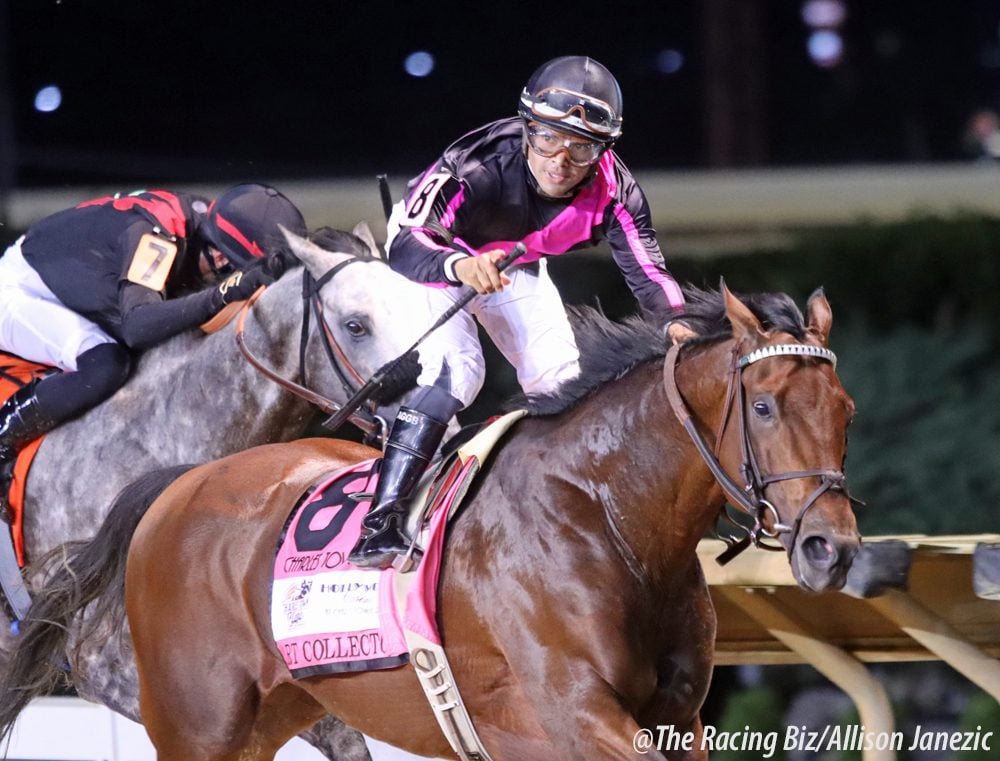
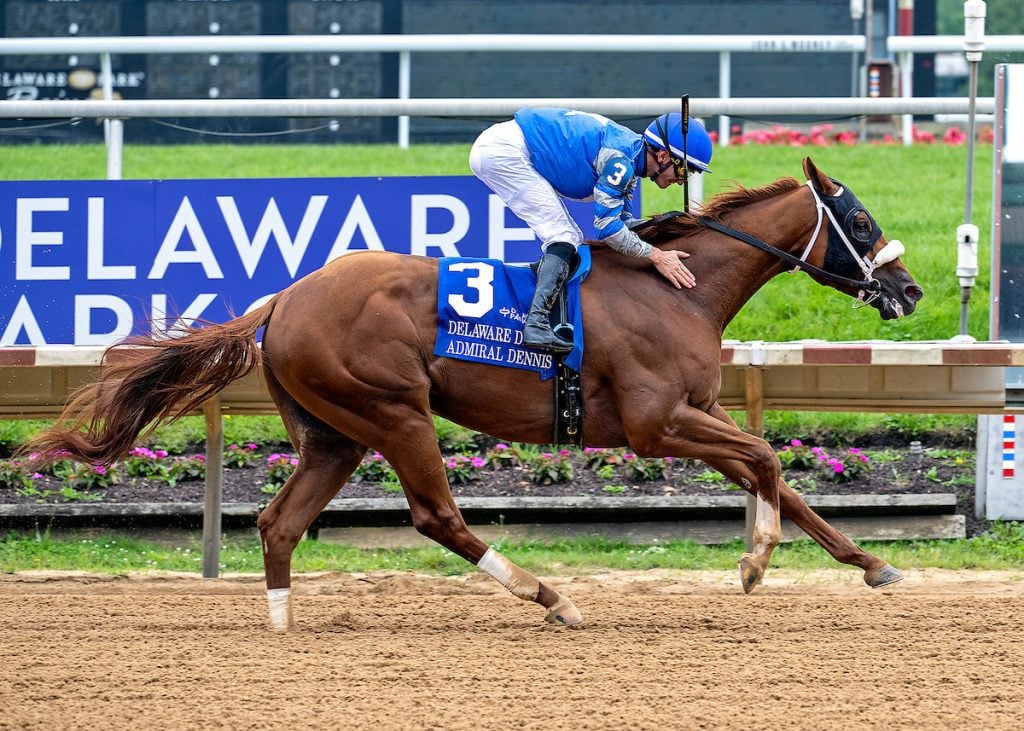
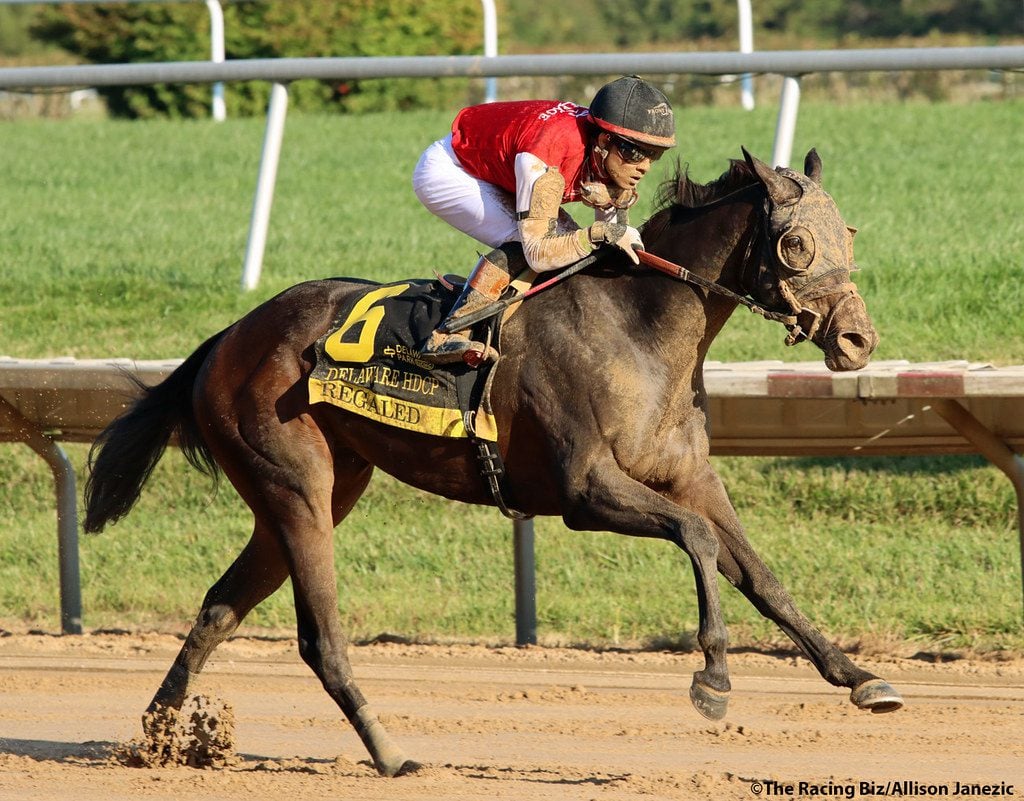
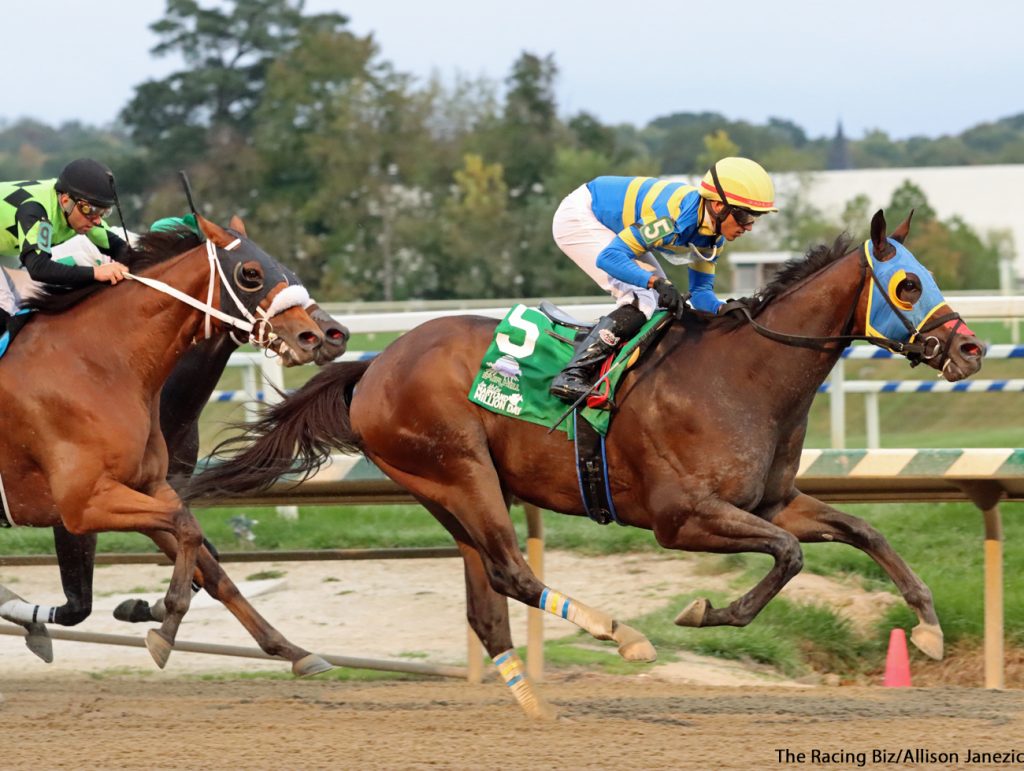

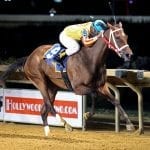

Anonymous
08th Jan 20225
Anonymous
09th Jan 20224.5